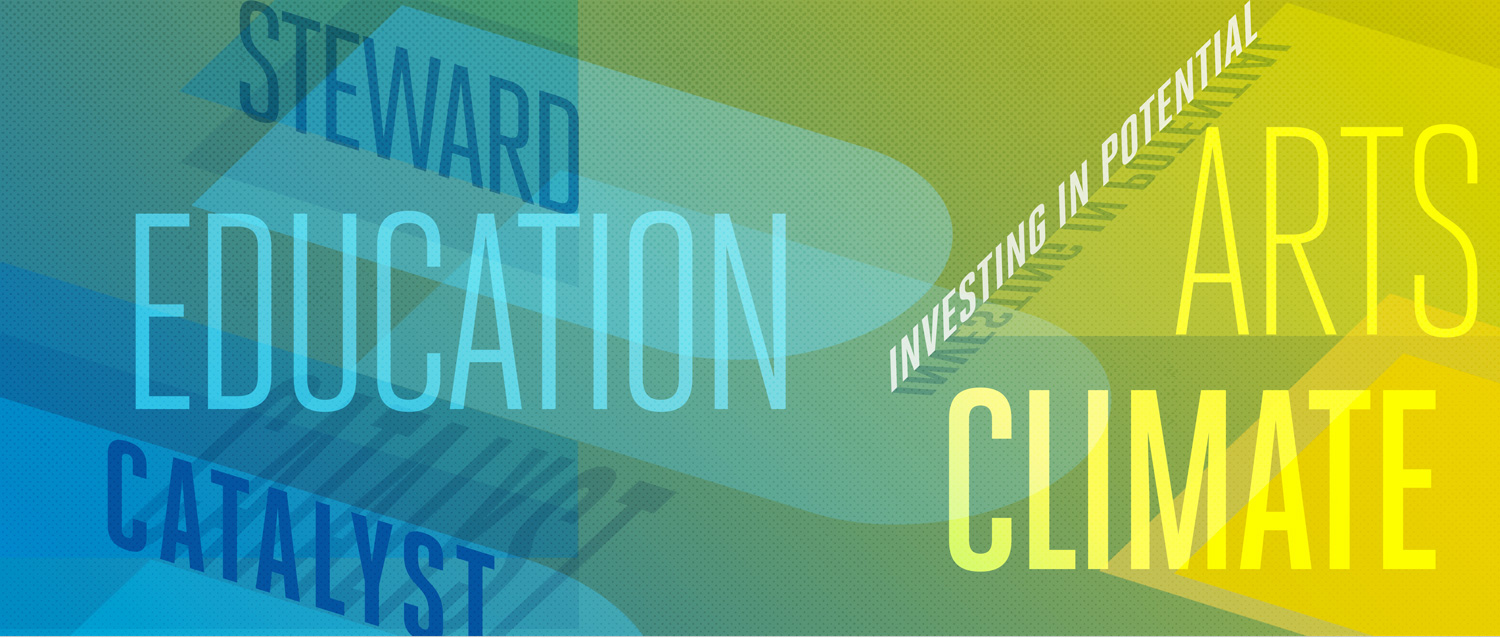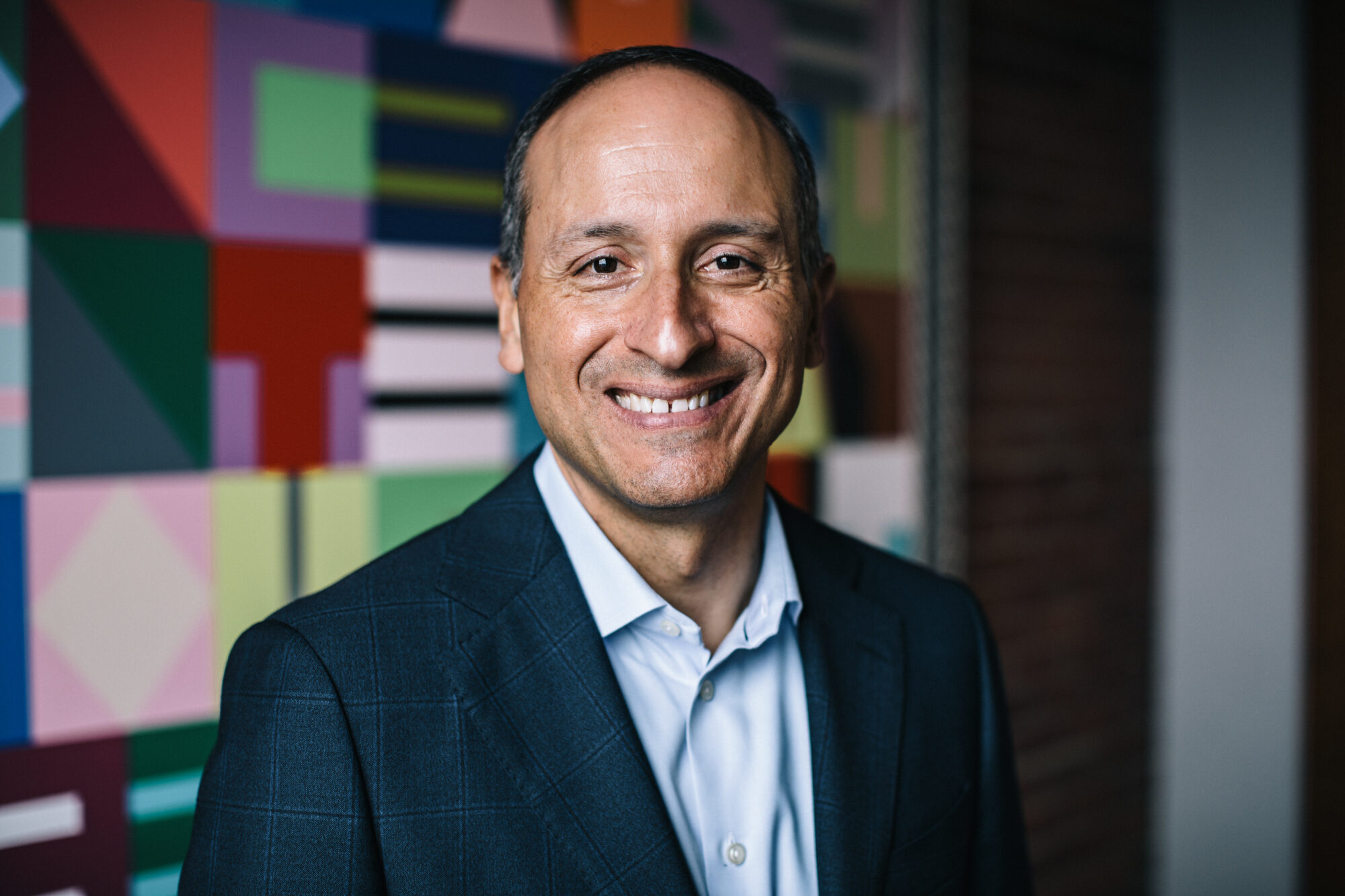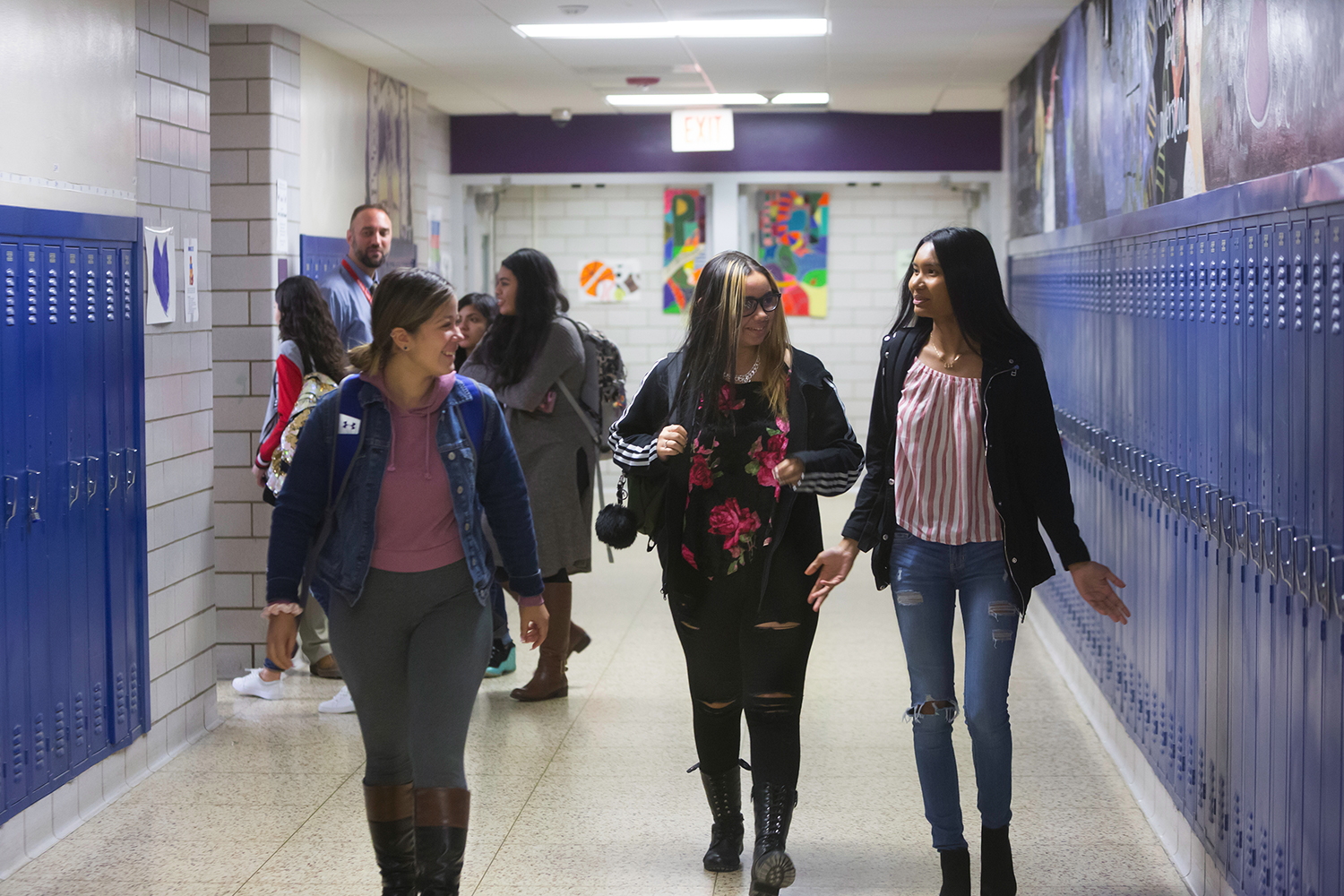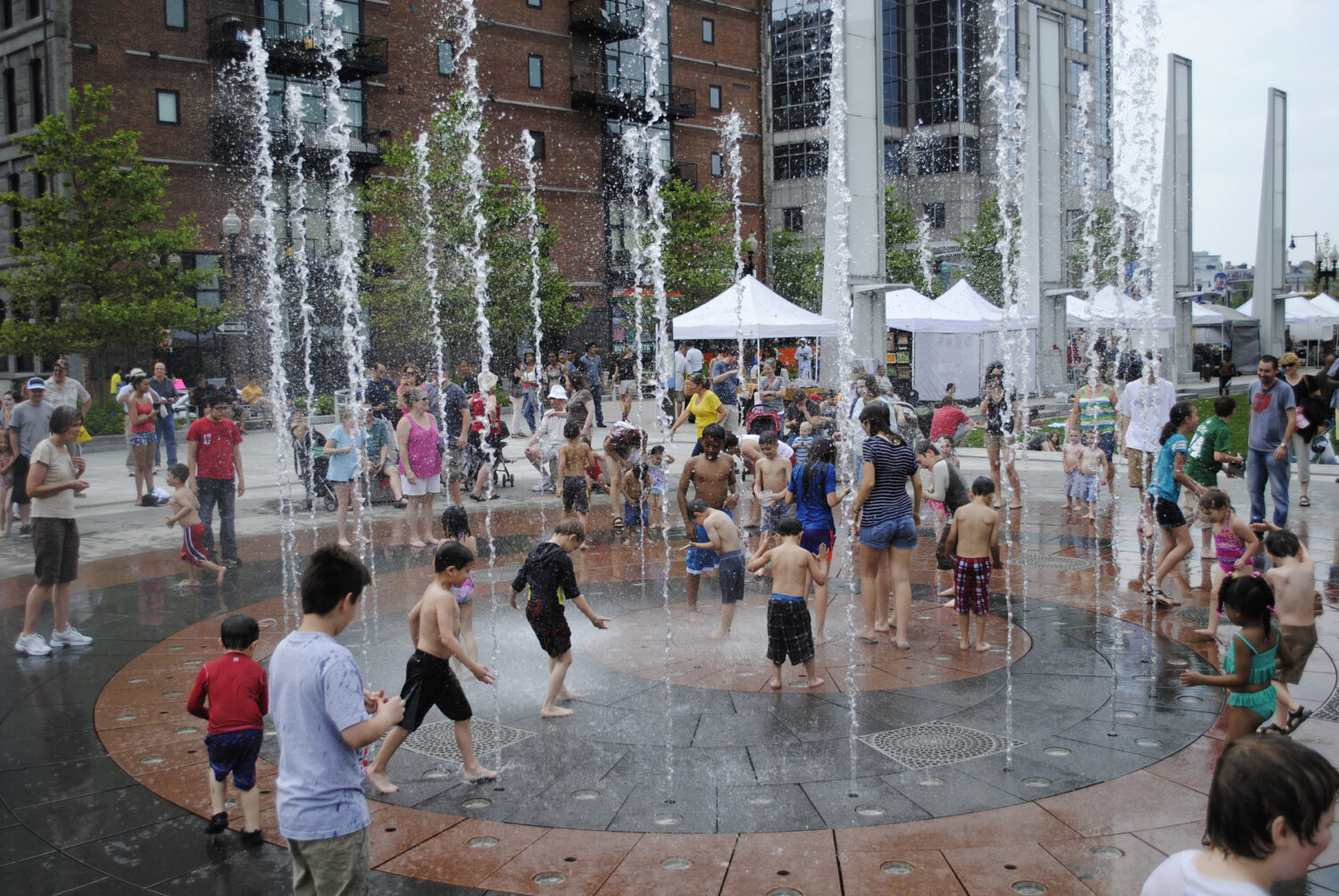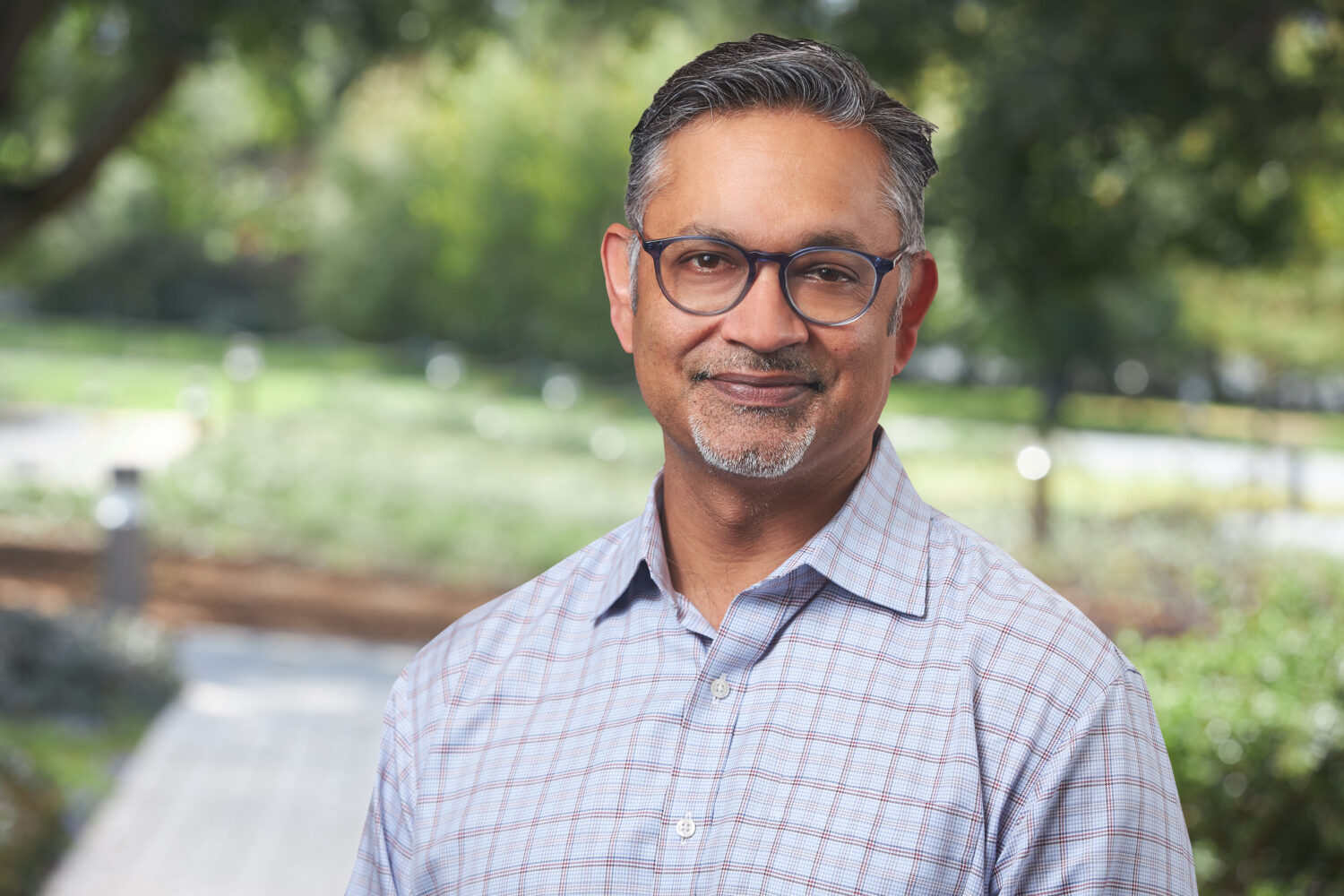Two years ago, the Barr Foundation’s trustees outlined six core values, which were intended to guide the Foundation both today and well into the future. When I introduced them (in this blog post), I emphasized that, in order for these concepts to have meaning and relevance, our values would need to be far more than a set of aspirational statements on our website; they would need to be expressed daily in our work.
At a staff retreat last week, we reflected as a team upon Barr’s values and discussed how they came to life in our work, as well as what challenges we faced. Through that discussion, we kept returning to three principal tensions:
Long-Term Perspective and Urgent Needs: First, how does our value to “adopt a long-term perspective,” and to focus on “future generations,” align with remaining attuned and responsive to urgent needs and pressing opportunities today?
“Embracing risk” and Thoughtful Due Diligence: Second, as we “embrace risk” in the pursuit of ambitious goals, are there aspects of our due diligence process that inadvertently dampen our partners’ very capacity to take risks?
Humility and Willingness to Lead: Third, with a focus to “act with humility and modesty,” do we sometimes miss opportunities where Barr’s public engagement and voice can help frame and advance issues of shared concern?
There are no easy answers to these questions; at their heart, they put in bold relief some of the tensions core to the work of organized philanthropy. What’s important is to surface and grapple with these questions, and to avoid the temptation to simplify what are complex factors to weigh.
Reflecting on our staff discussion last week, and Barr’s various engagements over the past year, here are some of my thoughts on these questions:
On long-term perspective, foundations are often uniquely positioned to take the long view, largely unencumbered by market conditions or political considerations. At the same time, that should not lead us to ignore what’s before us today.
For example, our Education Program focuses on increasing the number of students who connect to secondary and post-secondary success, with a clear orientation toward the future. At the same time, we bring to this vital work a deep sense of urgency as we cannot wait to address the conditions facing many young people today. Our Education strategy aims to strike this important balance between the urgent and the long-term, and we are focused on that balance across the Foundation’s work.
With regard to risk, we know that ambitious goals require comfort with failure and the need to experiment and to test ideas. We also hold with care the obligation to be careful stewards of the resources at our disposal, which can lead us to create institutional processes that may actually discourage risk. What helps us to strike this balance is our capacity to build and foster trusting relationships with our partners that enable us to engage in discussions about risk together.
In our Climate work, for example, our focus on improving public transportation in Boston has led us to explore and to foster dialogue about the potential to integrate world-class bus rapid transit (a.k.a. “BRT”) with our current system. Helping to shift the public discussion from what isn’t working to what’s possible, and actually seeing new mobility innovations take root, is no easy task. The journey requires great comfort with ambiguity, risk, and the possibility of failure. Yet the potential rewards, both in terms of improved mobility and greater access for those underserved by the current system, are significant. So our ongoing discussions with partners are about how to respond and navigate these risks together—not to avoid or eliminate them.
And finally, we firmly believe that we can hold simultaneously an institutional commitment to humility and a willingness to exercise leadership—so long as we are fully focused on action, results, and impact.
This year, we stepped forward to help elevate a public debate about the future of Boston’s waterfront. In a context where planning and development of this great public treasure appeared to be happening in a rapid, and often uncoordinated, manner, we saw an opportunity to speak up and to call for a larger vision—one that would balance sensible and responsible development with the creation and protection of a great public realm worthy of a world-class city; one that would confront head-on the need to address the inevitable reality of sea-level rise; and one that focused explicitly on a goal of ensuring open access for all to this great public treasure. We know that advancing such a vision will require both our financial investment and our ongoing engagement as a stakeholder in that outcome. That’s why our voice will remain active.
My intent in sharing these reflections is to continue to lend transparency to our thinking at Barr. We know that by having our partners understand how we think about our values in action contributes to enhancing how we work together. In that spirit, we welcome your reflections and advice as we continue our focus on ensuring that Barr’s values are manifest in all that we do. Please share your comments below.
Also of note for us at our retreat last week was the addition of three new members to our team this summer. So I will close this note by acknowledging our new colleagues: Roger Nozaki as vice president, Meredith Hatfield as program officer for Clean Energy, and Lisa Jacobson as program officer for Mobility. Collectively they bring rich and broad experiences to their new roles, and we are delighted to have them as colleagues in advancing Barr’s ambitious agenda.
